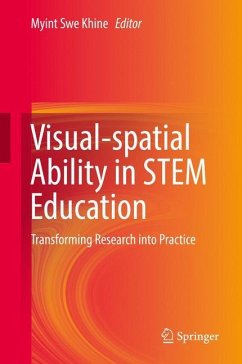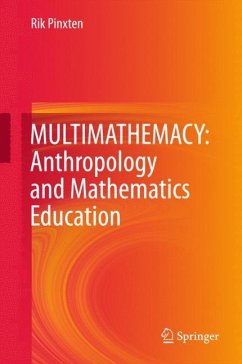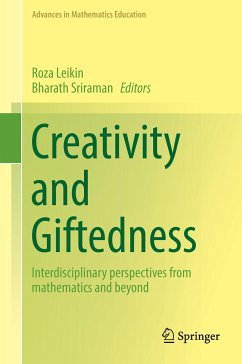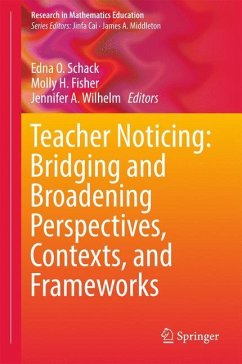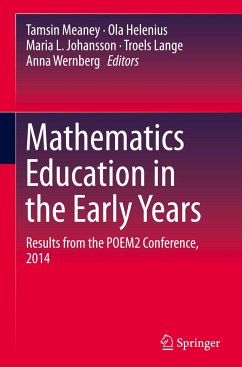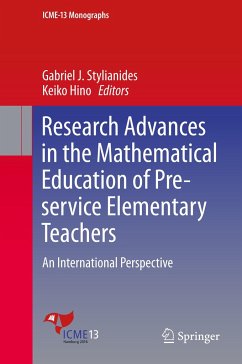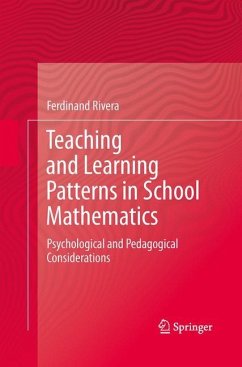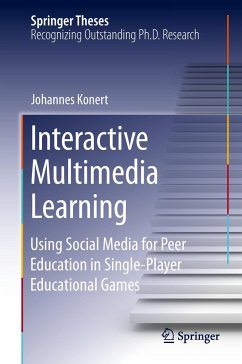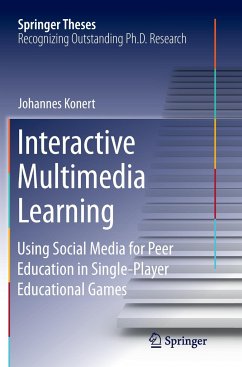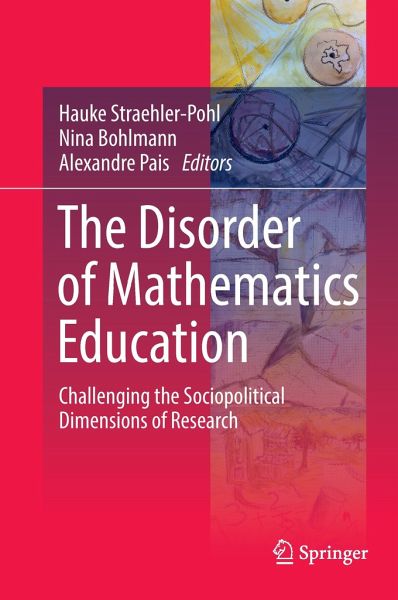
The Disorder of Mathematics Education
Challenging the Sociopolitical Dimensions of Research
Herausgegeben: Straehler-Pohl, Hauke; Bohlmann, Nina; Pais, Alexandre

PAYBACK Punkte
38 °P sammeln!
Research within a socio-political paradigm or "turn" has been gradually recognized and institutionalized as an important part of mathematics education. This book focuses on the neglected problems, tensions and contradictions evoked by this process. The authors do this by challenging current regimes of truth about mathematics education; by identifying how recent technological developments challenge or suspend contemporary conceptions of mathematics education; by critiquing the ideological entanglement of mathematics, its education and schooling with capitalism; by self-reflective analyses of re...
Research within a socio-political paradigm or "turn" has been gradually recognized and institutionalized as an important part of mathematics education. This book focuses on the neglected problems, tensions and contradictions evoked by this process. The authors do this by challenging current regimes of truth about mathematics education; by identifying how recent technological developments challenge or suspend contemporary conceptions of mathematics education; by critiquing the ideological entanglement of mathematics, its education and schooling with capitalism; by self-reflective analyses of researchers' impacts on shaping what is and can be perceived as the practice of mathematics education (research); and by confronting main-stream mathematics education with socio-political contexts that are usually neglected. In this way, "mathematical rationality" becomes contextualized within contemporary society, where it reproduces itself through technologies, social practices, media and other spheres of social life.



